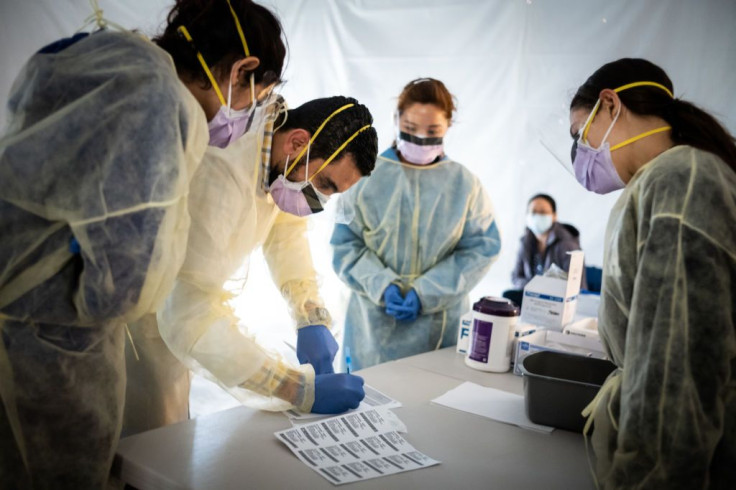
Many vaccines are being developed to fight the coronavirus pandemic in the possible scenario of its reemergence. Of these, one such vaccine is being developed by Oxford University and was expected to have the potential to be the solution to the virus. But as the results of its trials have emerged, experts have become doubtful about its ability to prevent individuals from catching the virus.
In fact, the trust in the vaccine was such that the government had promised funding of £20 million ($24m) to support teams at Oxford University working on the vaccine. But when detailed results of its recently conducted trials came out, it was unsatisfactory. The vaccine, touted as the "front runner," was trialed in six rhesus macaque monkeys exposed to COVID-19 and was found that it was unable to prevent the animals from catching the virus.
This raises questions regarding the effectiveness of the vaccine and whether it will prove useful in stopping the spread of the virus from infected individuals to another. "All of the vaccinated monkeys treated with the Oxford vaccine became infected when challenged, as judged by recovery of virus genomic RNA from nasal secretions,” said Dr. William Haseltine, a former Harvard Medical School professor who had a pivotal role in the development of early HIV/AIDS treatments.
"There was no difference in the amount of viral RNA detected from this site in the vaccinated monkeys as compared to the unvaccinated animals. Which is to say, all vaccinated animals were infected,” he added. "It is crystal clear that the vaccine did not provide sterilizing immunity to the virus challenge, the gold standard for any vaccine. It may provide partial protection."
One positive side of the trial was the observation that the vaccine seems to have lessened the severity of the disease like monkeys infected with the virus did not suffer from pneumonia.
"It is helpful to see that monkeys vaccinated with this SARS-CoV-2 vaccine did not have any evidence of enhanced lung pathology and that, despite some evidence of upper respiratory tract infection by SARS COV2 after high viral load virus challenge, monkeys given the vaccine did not have any evidence of pneumonia,” said Dr. Penny Ward, a visiting professor in pharmaceutical medicine at King's College London.
© 2025 Latin Times. All rights reserved. Do not reproduce without permission.



